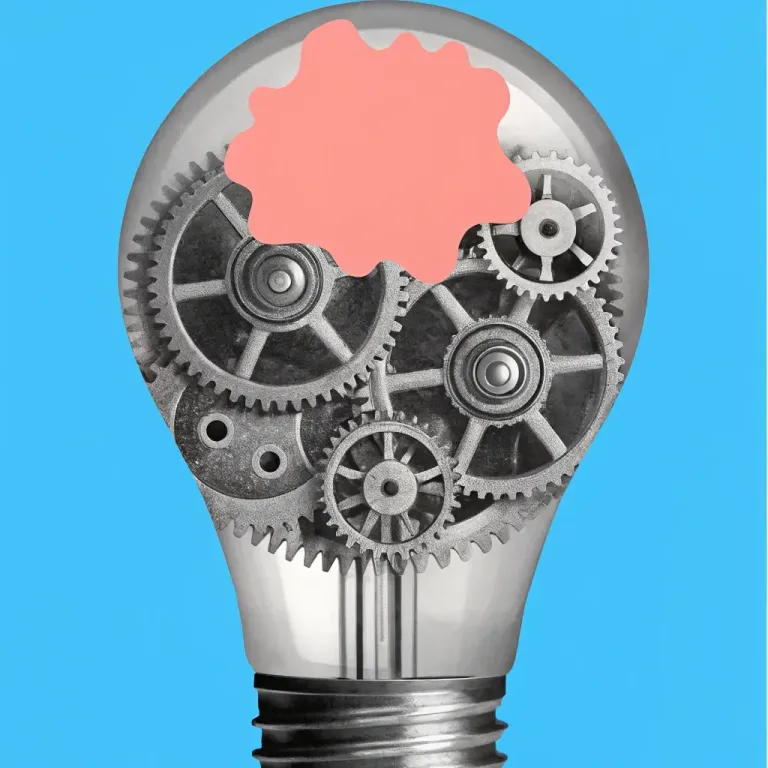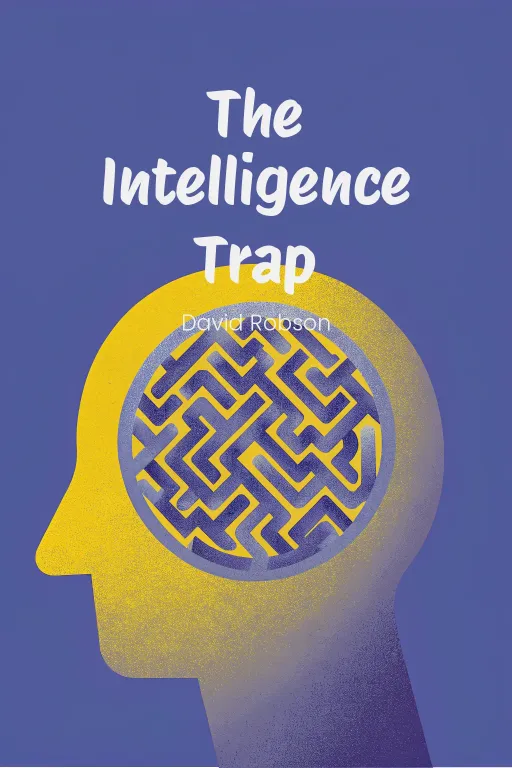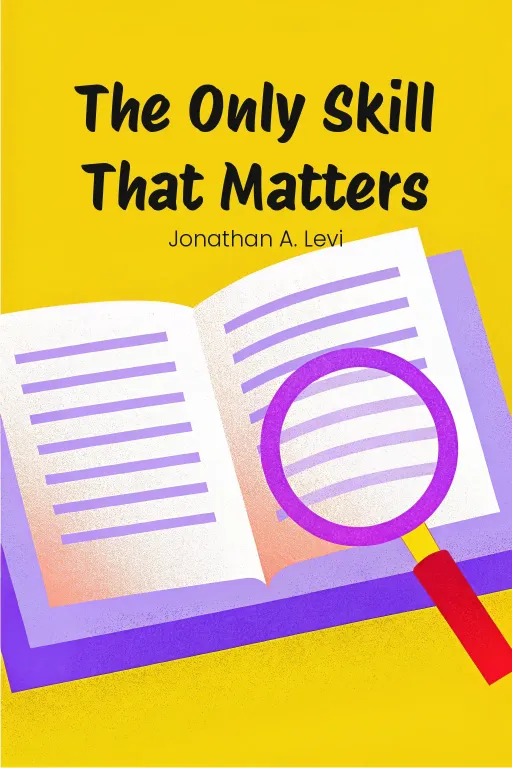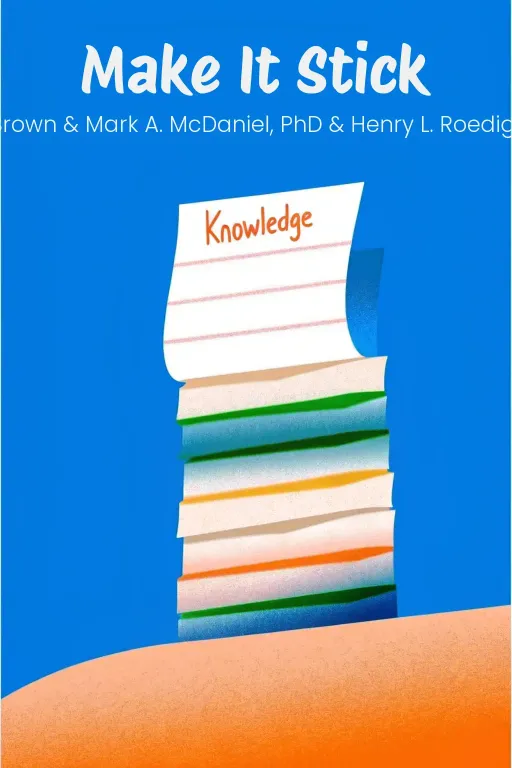
Effort = Smarter: The Learning Secret
Podcast by The Muse's Minute with Brian
The Science of Successful Learning
Effort = Smarter: The Learning Secret
Brian: Have you ever finished a book only to forget most of it a week later? You're not alone! I'm Brian, and welcome to The Muse's Minute. We're looking at "Make It Stick: The Science of Successful Learning" by Peter Brown, Henry Roediger, and Mark McDaniel. This book flips learning upside down, revealing why common study habits fail and what truly works – essential stuff for anyone trying to master a new skill or creative technique. Brian: So what's the single biggest idea from "Make It Stick"? It’s this: Genuine, durable learning often feels difficult, and this difficulty is actually desirable. Easy learning is often fleeting learning. Think of your brain like building muscle. Lifting weights feels hard, right? That struggle is precisely what makes the muscle grow stronger. Easy learning, like just rereading notes, might feel productive, but it's like lifting air – it doesn't build real mental strength. Your brain needs that resistance, that effort, to forge strong connections. Embracing activities that feel harder is what truly makes knowledge stick. This shift from seeking ease to embracing effort is transformative for mastering anything new. Brian: We often fall into traps like rereading text or highlighting passages. It feels comfortable, familiar, productive even. But the authors show this creates an 'illusion of knowing.' You recognize the words, but you haven't truly learned or retained them. It's like mistaking familiarity for mastery – a sandcastle that washes away quickly. Contrast that with a study at Columbia Middle School. They introduced simple, low-stakes quizzes – a form of effortful retrieval – into social studies classes. The result? Students scored a full grade level higher on the material they were quizzed on compared to material they just restudied multiple times. The effort of pulling information out, even if imperfect, is what strengthened their learning and memory. This principle applies beyond the classroom too. Consider baseball players studied by the authors. When batters practiced hitting against predictable sequences of pitches, they performed well in practice. But when they faced random, unpredictable pitches like in a real game, they struggled. The players who practiced with mixed, varied pitches – creating more difficulty during practice by forcing constant adaptation – ultimately developed much better real-world hitting skills. It's the same for surgeons mastering techniques or pilots in simulators; facing varied, spaced-out challenges, forcing recall after some forgetting, builds robust, adaptable expertise. The struggle builds the skill, making it stick under pressure. Brian: So how can you apply this right now? Here’s your takeaway: Practice active recall. After you read a chapter, watch a tutorial, or finish a meeting, put the material away. Then, try to write down or simply speak out loud the key ideas from memory. Don't look! Or, formulate questions about the material and try to answer them later without peeking. Don't worry about getting it perfect; the effort of retrieving is the magic ingredient here. Make this a regular habit. Shift from passive review to active learning. Embrace that feeling of effort. It’s not a sign you’re failing; it’s the sign your brain is building stronger connections. That struggle is where the real learning happens. Brian: Until next time, keep seeking that spark.









